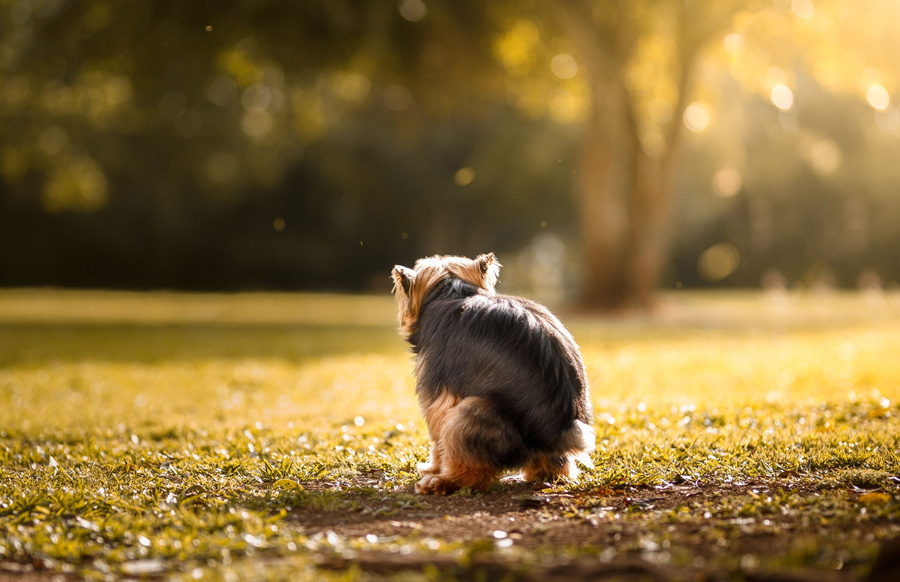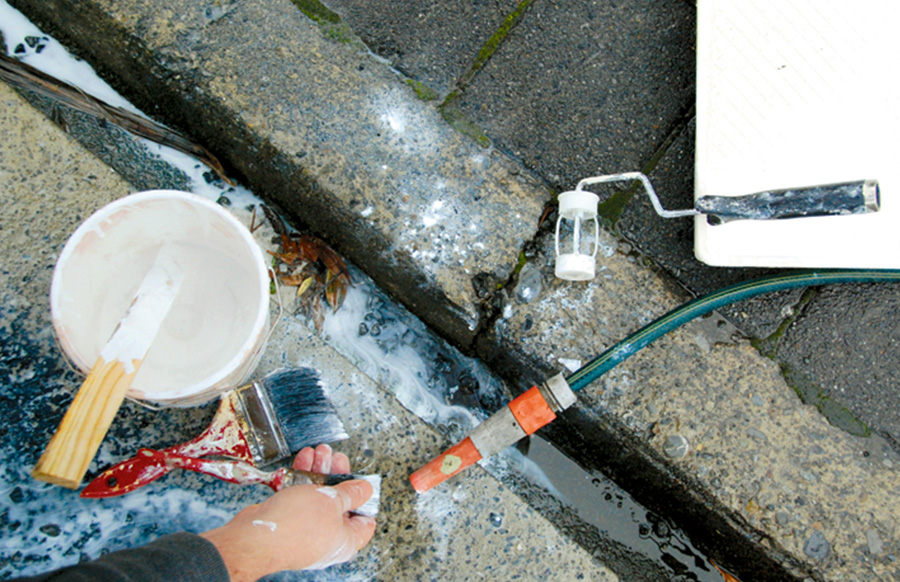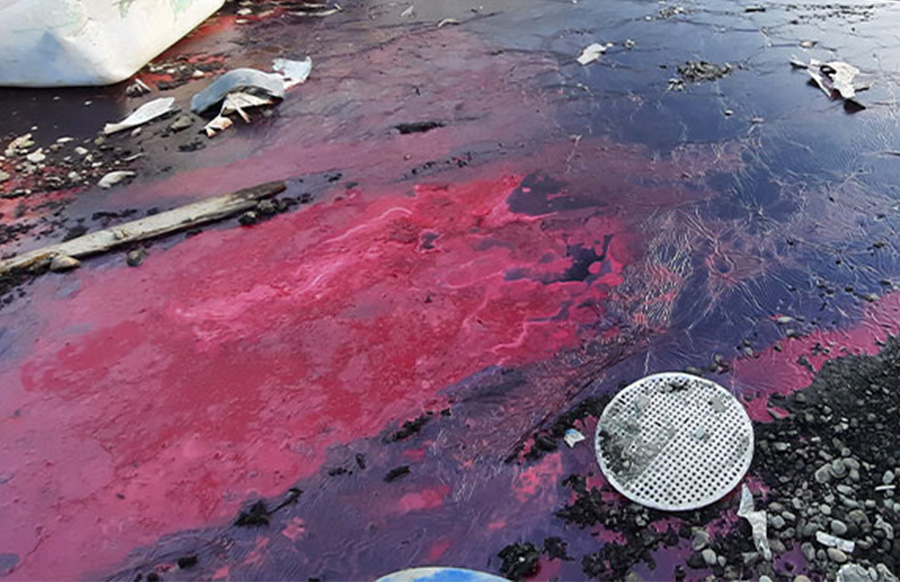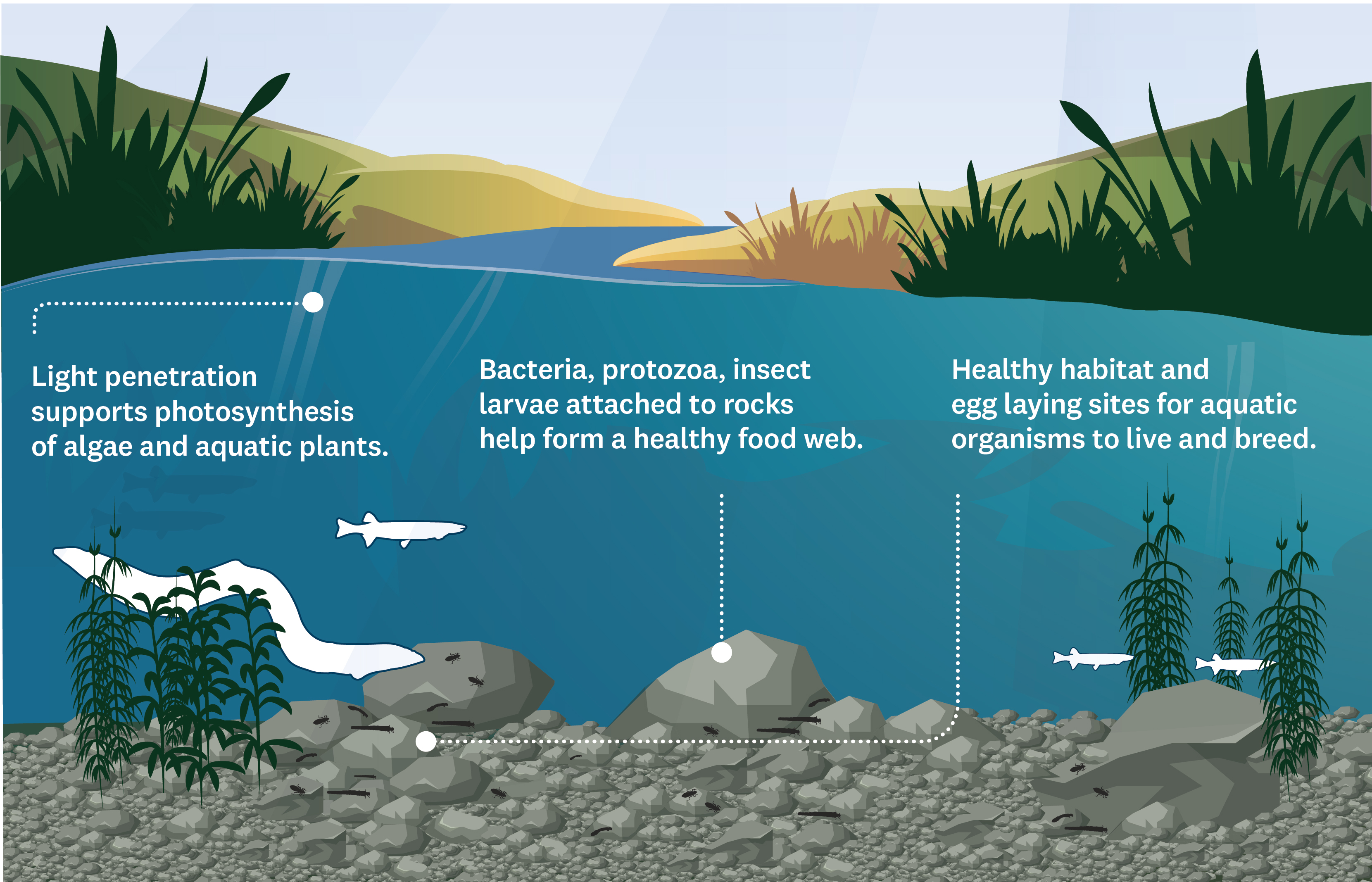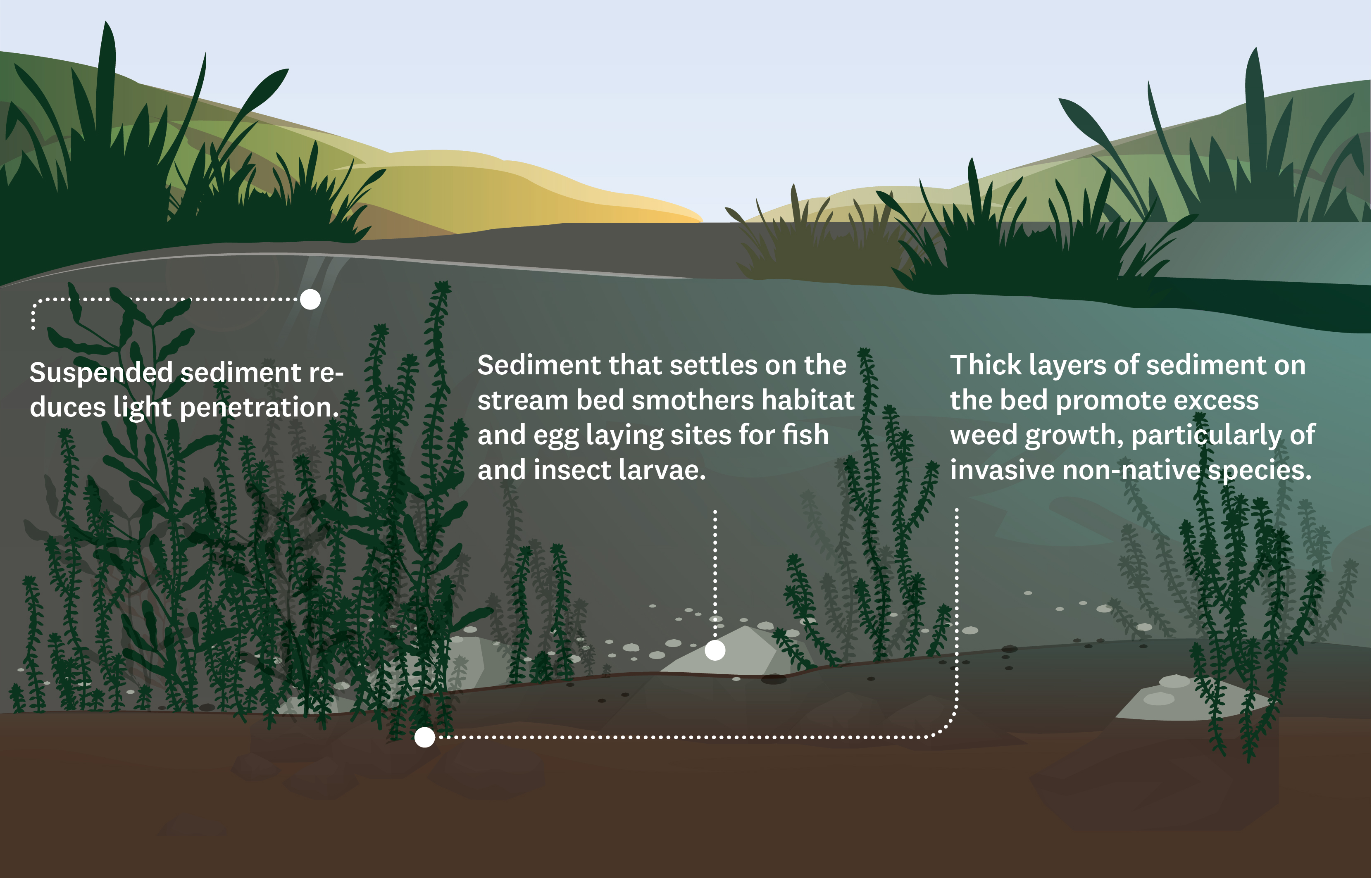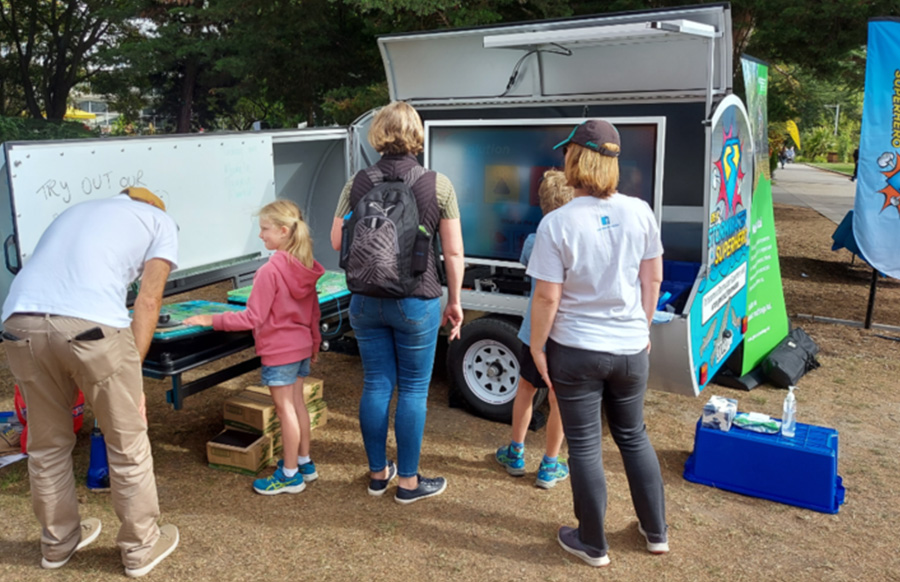Protect our waterways
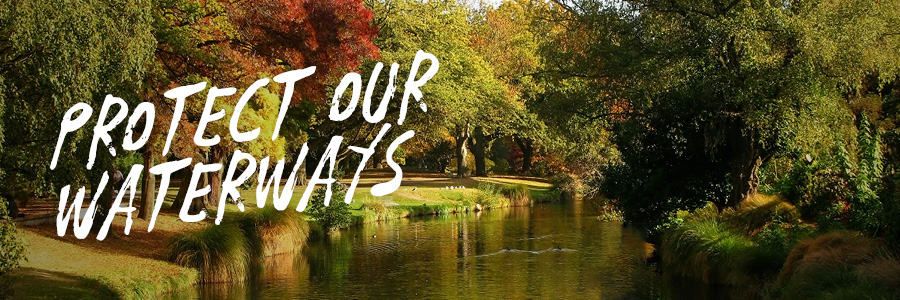
We are asking everyone in Canterbury to do their bit to make our waterways cleaner, healthier, and safer.
You wouldn’t pour soapy suds, paint or petrol in the river, right? What about tipping in some trash, metal, dust, or dog poo?
Thought not, but when it rains or we wash stuff outside, the things we leave behind end up in our rivers, streams and sea.
Contaminants can travel, untreated, through the stormwater system, making the water in our rivers and sea unsafe for recreation and polluting the habitat of plants, fish and wildlife.
When you are out and about
You can make a big difference to your local waterways by taking a few easy steps to stop pollution while you are out.
- Bin it: Pick up litter and put it in the right bin. When you are bringing your wheelie bins in, do a quick check of the gutters for any rubbish. Litter can end up in our waterways and harm fish and wildlife.
-
Scoop up the poop: If you own a dog, please pick up their poo and put it in the rubbish bin (red bin in Christchurch). Dog poo contains harmful bacteria that we don’t want to end up in our rivers and sea.
-
Report it: If you see sediment, dirt, or chemicals going into the drains, or tracked onto the road, take photos and report it via the Snap Send Solve app or call us on 0800 765 588.
When you are at home
Rainy days might give our roofs, driveways, gardens and paths a good shower, but all that grit and grime has to go somewhere — that somewhere is into our stormwater and straight into our waterways.
- Landscaping: Put garden waste in your green bin or your home compost, and protect soil from rain by covering so that it does not wash into stormwater.
- Be careful with sprays and fertilisers: When using sprays or fertilisers in your garden and around your home, always make sure to use them away from areas where water may run into stormwater grates.
- Sweep up: Keep leaves and other off the driveway and away from the grates. Clear your gutters to keep them free of debris that might make it’s way into the stormwater.
- DIY projects: Sweep up any sawdust and leftover bits and pieces. Ensure scraps and rubbish go in the red bin.
- Paint clean up: When painting around the house, wash brushes in the sink, not down the drains outside.
For bigger painting projects with more brushes, rollers and trays, use the two-bucket method which collects paint solids for the bin.
Painting two-bucket method
Paints are made up of a combination of resins, pigments, solvents and additives, many of which are toxic for the environment. Help avoid paint getting in our stormwater system by separating solids and disposing of them in your red bin.
- Fill two large buckets with water
- Wash all paint equipment in bucket one
- Transfer the washed brushes into bucket two for a final rinse
- Cover both buckets and let stand overnight, allowing the solids to settle to the bottom
- In the morning, slowly drain water from bucket one onto the lawn or down the laundry sink, be careful to not pour out the solids
- Tip paint solids from bucket one onto newspaper and dispose with household rubbish
- Bucket two (containing the rinse water) now becomes bucket one. Repeat this rotation until the equipment is clean.
- Re-paint or replace your roof: If your roof is worn, paint or replace it to protect your home, and stop heavy metals like zinc from washing into stormwater.
- Car washing: Wash your car on the lawn, grass verge, or at a car wash. It stops cleaning chemicals and dirt and grease from going into the stormwater system.
- Service your vehicle: Oil is extremely harmful to aquatic life and our waterways, so it’s important to stay on top of regular services. Ensure oil is not leaking from your car onto the road, and then into our stormwater network.
When you are at work
Lots of activity at the worksite can mean lots of things polluting our waterways. Even small amounts of industrial products can do serious damage to the health and habitats of freshwater and marine life.
- Clean up: Chemical spills should be cleaned up straight away. Think about methods for protecting stormwater sumps and grates, such as installing bunds or filters.
- Safe space for substances: Being smart with how and where industrial items are stored prevents accidents from happening in the first place and lessens the impact if they do.
- Sweep it up: Keep the shop floor, yards and pathways clean of grit, grime and small items that could otherwise end up in our rivers when it rains.
Find out more about what you can do in your workplace to help keep our waterways clean:
Learn more about protecting our stormwater
As well as putting the tips above into action, there are great local programmes you can take part in to grow your understanding of waterway health.
Stormwater Superhero trailer
The trailer is designed to provide education about stormwater health and actions you can take to protect it. It opens to form 3D model games, and includes a touch screen TV with multichoice educational games and an educational movie about stormwater.
It’s a great way to provide hands-on learning about freshwater health.
- You can book this fun mobile resource for your community group or education facility through the Christchurch Envirohub.
Teach children to be Stormwater Superheroes
Children love the chance to be part of the action, after all, they are the future kaitiaki/guardians of our waterways.
We have great resources available for working with schools on stormwater education, part of the New Zealand Curriculum, including:

